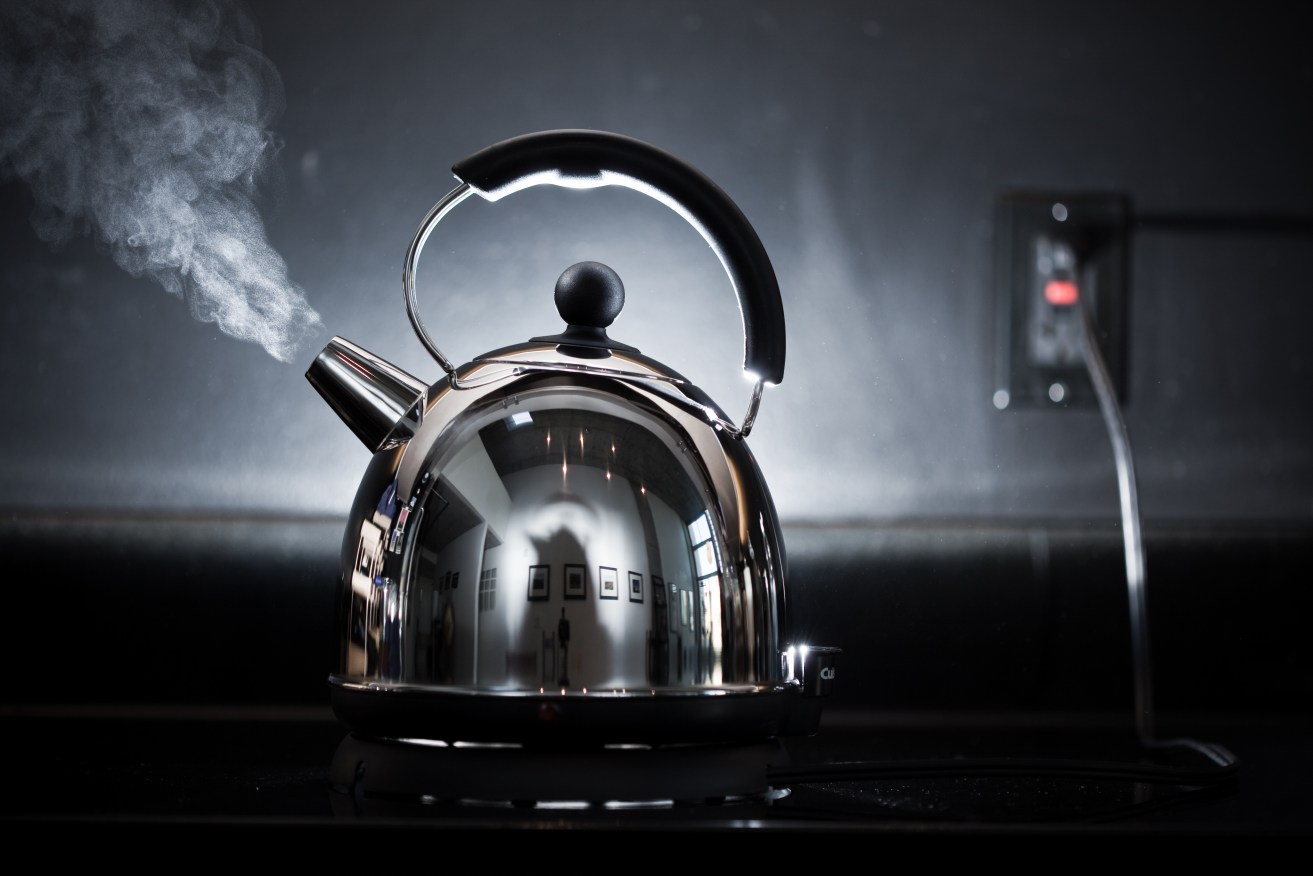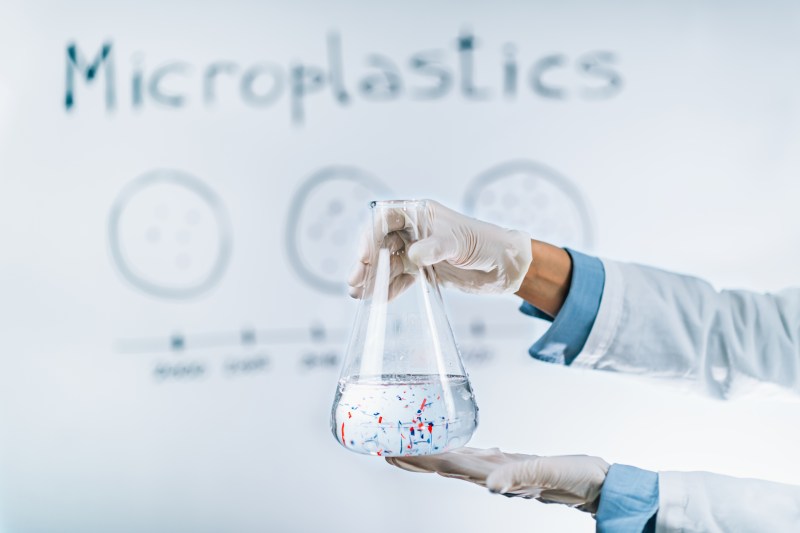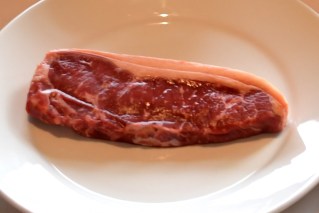Boiling water cleans drinking water of microplastics


Instead of drinking straight from the tap, put the kettle on. Photo: Getty
A new study has found boiling and then filtering tap water can remove up to 90 per cent of microplastics.
These are the broken-down tiny pieces of plastic – as small as one-thousandth of a millimetre in diameter, or as large as five millimetres – that have been found in our lungs, gut, breast milk and blood.
Every human being has large numbers of micro and nano-plastics in their bodies. We breathe them in. And we drink them every time we get a glass of water from the tap.
Scientists from the Center for Environmental Microplastics Studies, Jinan University, Guangzhou, were looking for a cheap and easy way to remove microplastics from tap water. And they appear to have found it.
More about microplastics
Microplastics come from plastic debris that degrades into smaller and smaller pieces.
The poster child for microplastics is the supermarket plastic bag being sucked into a drain. Over time, as the bag is buffeted and pulled apart, it disintegrates into tiny pieces.

Microplastics are made when plastic bags and fleece clothing break down. Photo: Getty
The same thing happens with those ‘fleece’ jackets and pants you buy. Every time you launder then, tiny pieces come away and end up at sea.
In addition, microbeads, a type of microplastic, are very tiny pieces of manufactured polyethylene plastic that are added as exfoliants to health and beauty products, such as some cleansers and toothpaste
All of this ends up in the ocean and our rivers. And in the snow that coats polar bears.
Science is still figuring out to what extent these microplastics cause us bodily harm.
The new study
For the study, the researchers collected samples of hard tap water and soft water from Guangzhou, China, and “spiked them” with different amounts of nano and microplastics (NMPs).
Hard water is richer in minerals which are evident in the taste. Soft water has a lower mineral content and a more neutral taste.
The samples were boiled for five minutes and allowed to cool. They were then measured for free-floating plastic content.
The results
Boiling hard water will naturally form a chalky substance known as limescale, or calcium carbonate (CaCO3).
Results from these experiments indicated “that as the water temperature increased, CaCO3 formed incrustants, or crystalline structures, which encapsulated the plastic particles”.
Over time, these crusts build up “like typical limescale, at which point they could be scrubbed away to remove the NMPs”.
The researchers suggest that “any remaining incrustants floating in the water could be removed by pouring it through a simple filter such as a coffee filter”.
The method was more effective in harder water. In a sample containing 300 milligrams of CaCO3 per litre of water, “up to 90 per cent of free-floating MNPs were removed after boiling”.
However, even in soft water samples (less than 60 milligrams CaCO3 per litre), boiling still removed around 25 per cent of NMPs.
Where’s the harm? They might make us fat
Here’s an example that suggests how complex and weird the microplastic fall-out might be.
As I reported in 2022, microplastics were first used in cosmetics in the 1970s, when they were also first identified as a pollutant in the oceans.
It was around this same time that the world started getting fatter – obesity rates have tripled since 1975.
Could there be a link between the chemicals found in plastics and the global obesity crisis?
Research has found that plastics are a probable driver of obesity.
They contain chemicals, some of which are known to disrupt our endocrine system. This is where hormones regulate hunger, appetite and our metabolism.
It’s this disruption to our metabolism that has caused the world to go on a sugar-based eating jag.








